HOW ETHNIC COMMUNITIES SEE DONATION IS KEY TO CREATING POLICIES THAT DELIVER
I NEED to be as blunt as I can about a health crisis facing BAME (Black, Asian, and Minority Ethnic) communities. If members of these communities don’t make donations of blood, organs and stem cells, then people will die.
In blood alone, it is estimated that we will need 27,000 new BAME donors in 2018-19 just to keep up with growing demand. BAME patients make up over a third of those waiting for a kidney transplant and they will, on average, wait a year longer for a transplant than a white person.
I could devote this entire column to producing statistics highlighting this very real crisis. For example, last year in the UK, of the 1,400 people who donated their organs after they died, 29 were Asian, 22 were black and just 14 were mixed race.
The scale of the issue is enormous and needs to be a national priority. Demand is high, disproportionally high, and supply is extremely low. People are dying. This is why I have led a review into the situation, and have written to the health minister Jackie Doyle-Price, and chair of the Health Select Committee, Dr Sarah Wollaston, to address it.
Change in this area cannot be achieved without a robust, specialised and bold plan to tackle donation rates. My hope is the review will make a difference in steering the health department’s efforts in the right direction. The problem is there and it is irrefutable. Action needs to be taken now.
The review, which took place over four months and included consulting with NHS Blood and Transplant, charities, community organisations, medical professionals and donors themselves, had four main findings. The outcomes are shown in a report called Ending the silent crisis, which is available to view at bit.ly/BAMEdonationreview .
The work of local organisations is the most effective way of spreading awareness about donation in BAME communities, but they have very little help to sustain their work or grow it. The support of national organisations is the key to facilitating this. Meanwhile, we must improve our relationships with international organisations. This is crucial if we are to access donations from across the world and widen our knowledge of best practice.
Building on this is establishing donation as a normal act. In some cultures, it is treated this way, and openly discussed. In these countries, donation rates are significantly higher. In the UK, we need to get to a place where donors are admired and respected, and their altruism is recognised.
Working with younger people is the best way of raising donation rates in the long term. If we can formalise this knowledge within the education system, we would prevent the spread of misinformation, and move the idea of donation from an oddity to something commonplace. This is a huge barrier in some communities.
Finally, I cannot understate the importance of understanding the ways that different races, cultures and religions see donation. There is a huge spectrum and raising our understanding is crucial in planning what will actually work. BAME communities cannot be treated as one group with the same fears, history, education, and cultural relationship with donation. A clear example is the relationship and the level of trust some groups have with the NHS and the government. NHS staff need to be trained to a higher level on different cultural viewpoints. Beyond this, an awareness and respect must be developed for the views of religious scholars and their communities on donation by everyone involved trying to increase donor numbers.
Everyone has a role to play, whether that be the government, NHS Blood and Transplant, the community itself, or MPs. I got involved because when I was president of the union Unison and a nurse, I met the family behind the African Caribbean Leukaemia Trust. They had lost their son because they couldn’t find a donor. I knew that if I was ever in a position to do anything about it, I would.
If you are from the BAME community, you are never many connections away from knowing a family affected by the need for a donor. I have a close Sikh friend whose daughter is in hospital waiting for a match for a heart transplant. It is an agonising process, but people should sign up to donate without that personal knowledge or connection – it needs to be done just to help others.
We have a real opportunity to get this right. The injustice and unfairness can go on no longer. We need to foster, quite frankly, more of these superheroes in our community, who selflessly donate blood, organs, or stem cells, to others.
I’m calling on the government, NHS bodies, communities and individuals to do more, by not only highlighting the scale of the problem, but also implementing the review’s recommendations immediately, so we can start saving more lives.




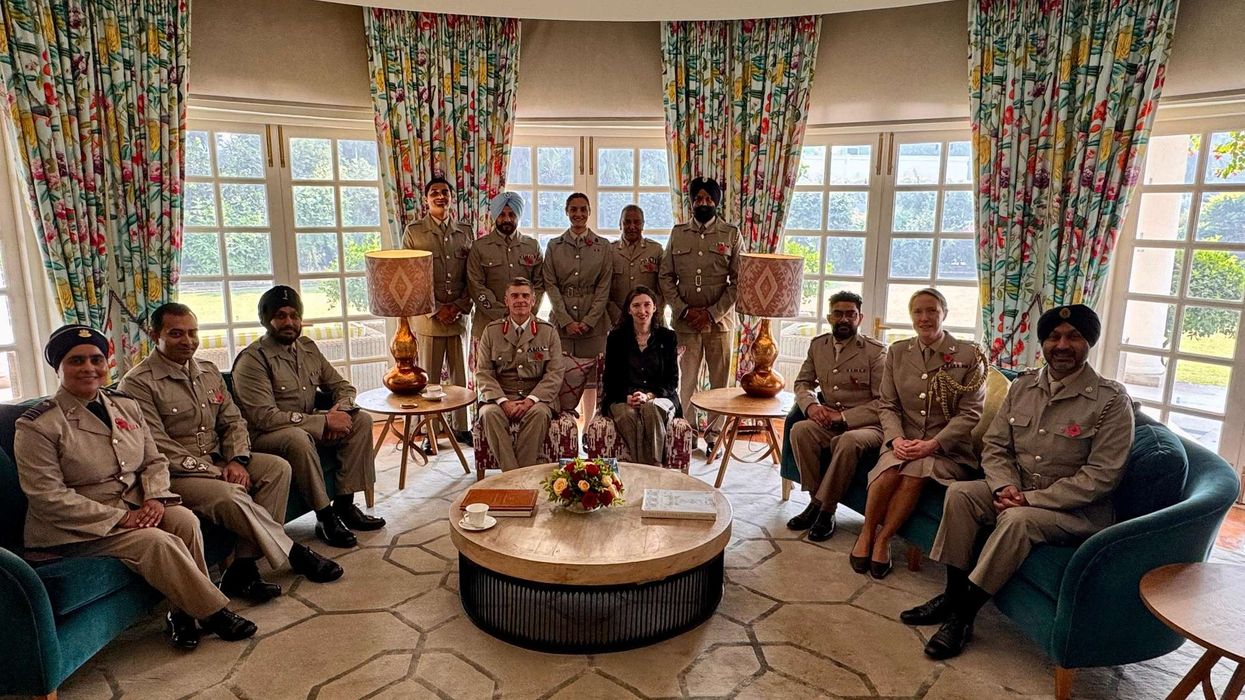
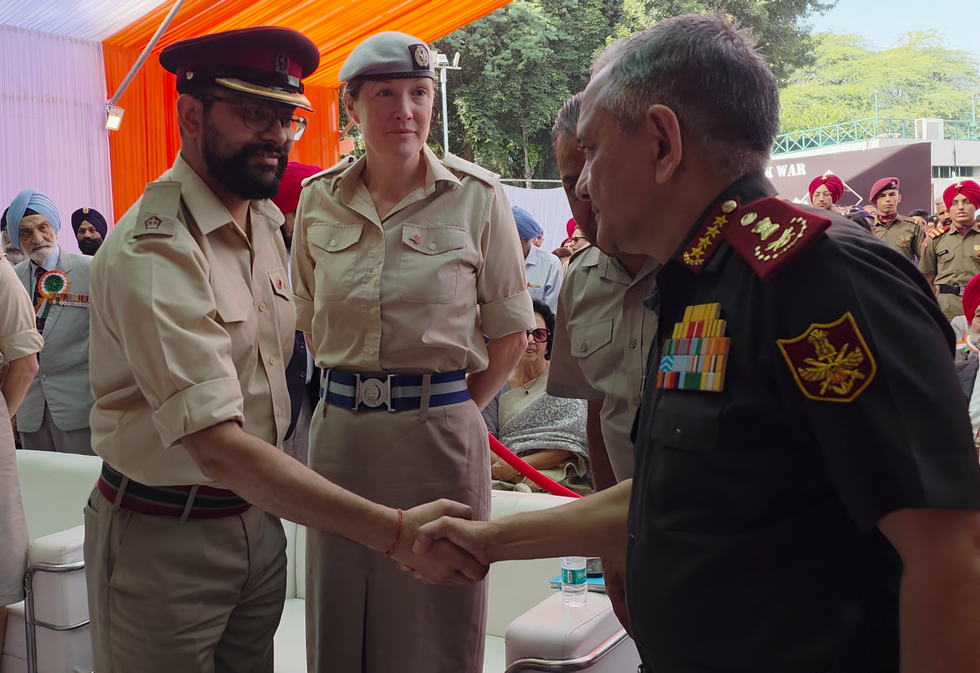

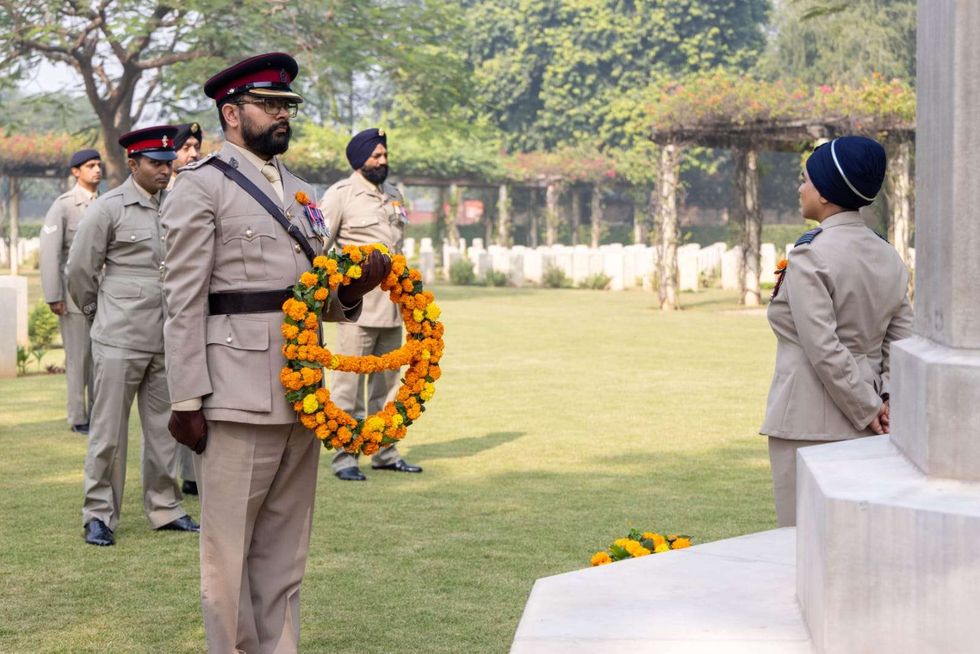
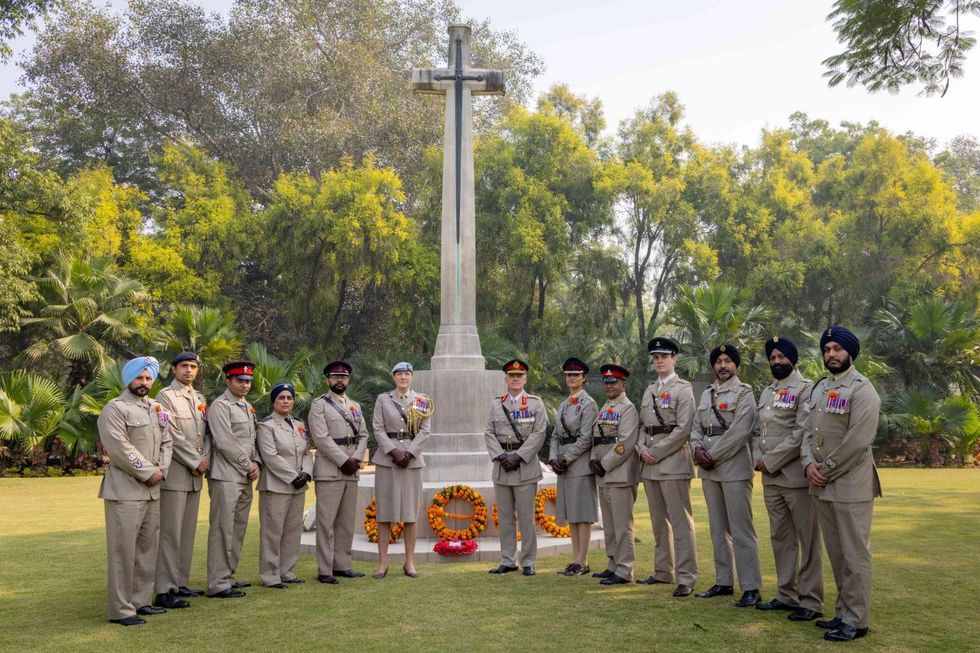
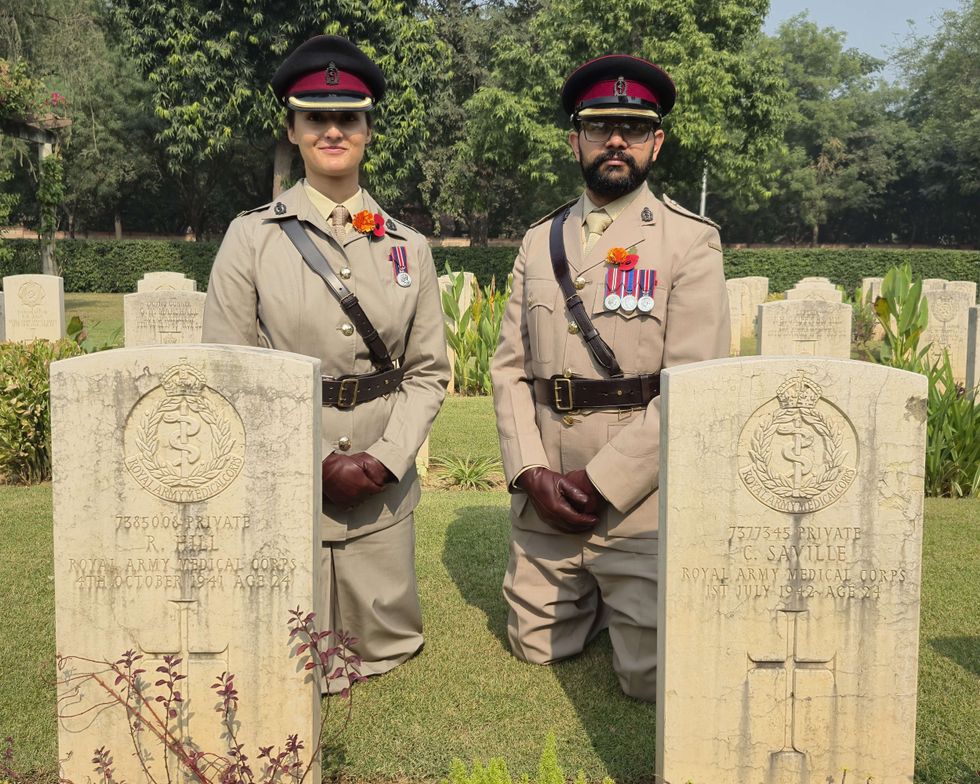







Hope for more donors